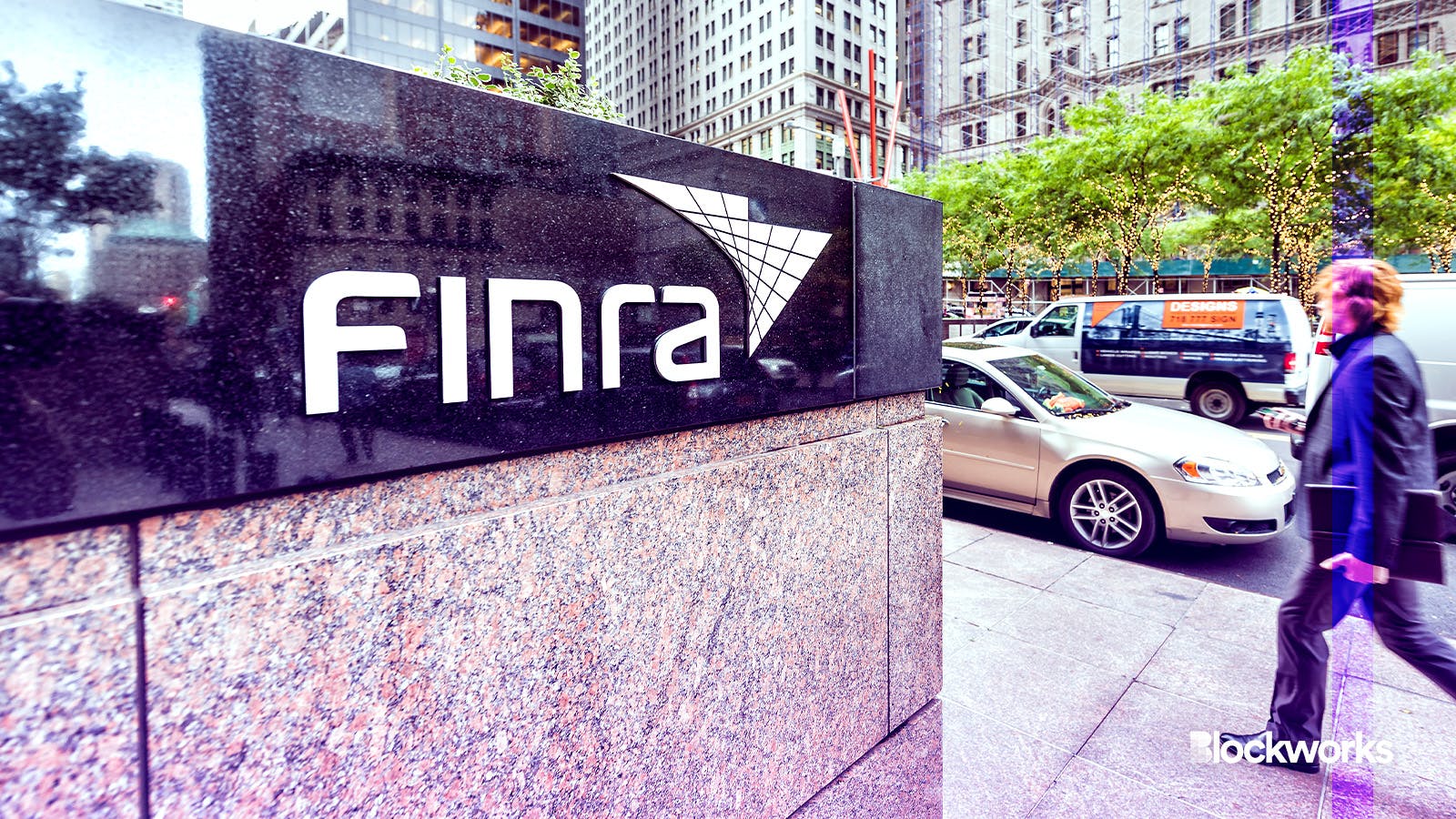70% of crypto communications potentially misleading, FINRA analysis finds
A majority of FINRA member firms currently at odds with rule prohibiting “false, exaggerated, promissory, unwarranted or misleading” claims

Andriy Blokhin/Shutterstock modified by Blockworks
A Financial Industry Regulatory Authority (FINRA) review of firms’ crypto communications found that roughly 70% potentially violate a specific investor protection guideline.
The analysis, launched in November 2022, focused on how firms are complying with FINRA Rule 2210 — a regulation that “prohibits claims that are false, exaggerated, promissory, unwarranted or misleading.”
The rule also forbids the omission of facts that could mislead investors.
“Potential substantive violations” of the regulation existed in about 70% of the 500 analyzed crypto-related communications to retail investors from FINRA member firms, the regulator said Tuesday.
Such violations included companies’ failure to differentiate between crypto assets offered through the firm and those provided through an affiliate or third party, the FINRA analysis found. Such communications also comprised false statements or implications that crypto assets functioned like cash.
Read more: Crypto can’t afford another communication crisis
“This update does not create new legal or regulatory requirements or new interpretations of existing requirements, nor does it relieve firms of any existing obligations under federal securities laws and regulations,” FINRA wrote on its website. “Rather, this update poses questions for firms to consider as they review and supervise their retail communications concerning crypto assets.”
FINRA’s Membership Application Program (MAP) follows the US Securities and Exchange Commission’s guidance in assessing a firm’s proposed crypto asset securities business line under applicable rules.
FINRA has sent out crypto-related warnings and considerations before.
The regulator — with the SEC and the North American Securities Administrators Association — previously pointed out risks associated with self-directed Individual Retirement Accounts, which it notes may invest in crypto assets.
“Crypto assets may be securities that are offered without SEC registration or a valid exemption from registration, and may not be accompanied by complete or accurate information to aid investors in making informed decisions,” the regulators said at the time.
Read more: SEC, FINRA double down on warning of retirement account crypto risk
FINRA more recently included crypto asset developments in its 2024 regulatory insight report. The regulator’s membership application program follows the SEC’s guidance in assessing a firm’s proposed crypto asset securities.
Crackdowns around the way crypto firms communicate to investors goes beyond the US, with the United Kingdom’s Financial Conduct Authority (FCA) recently beefing up efforts to make sure crypto firms marketing to UK customers are complying with certain regulations.
Get the news in your inbox. Explore Blockworks newsletters:
- The Breakdown: Decoding crypto and the markets. Daily.
- 0xResearch: Alpha in your inbox. Think like an analyst.






